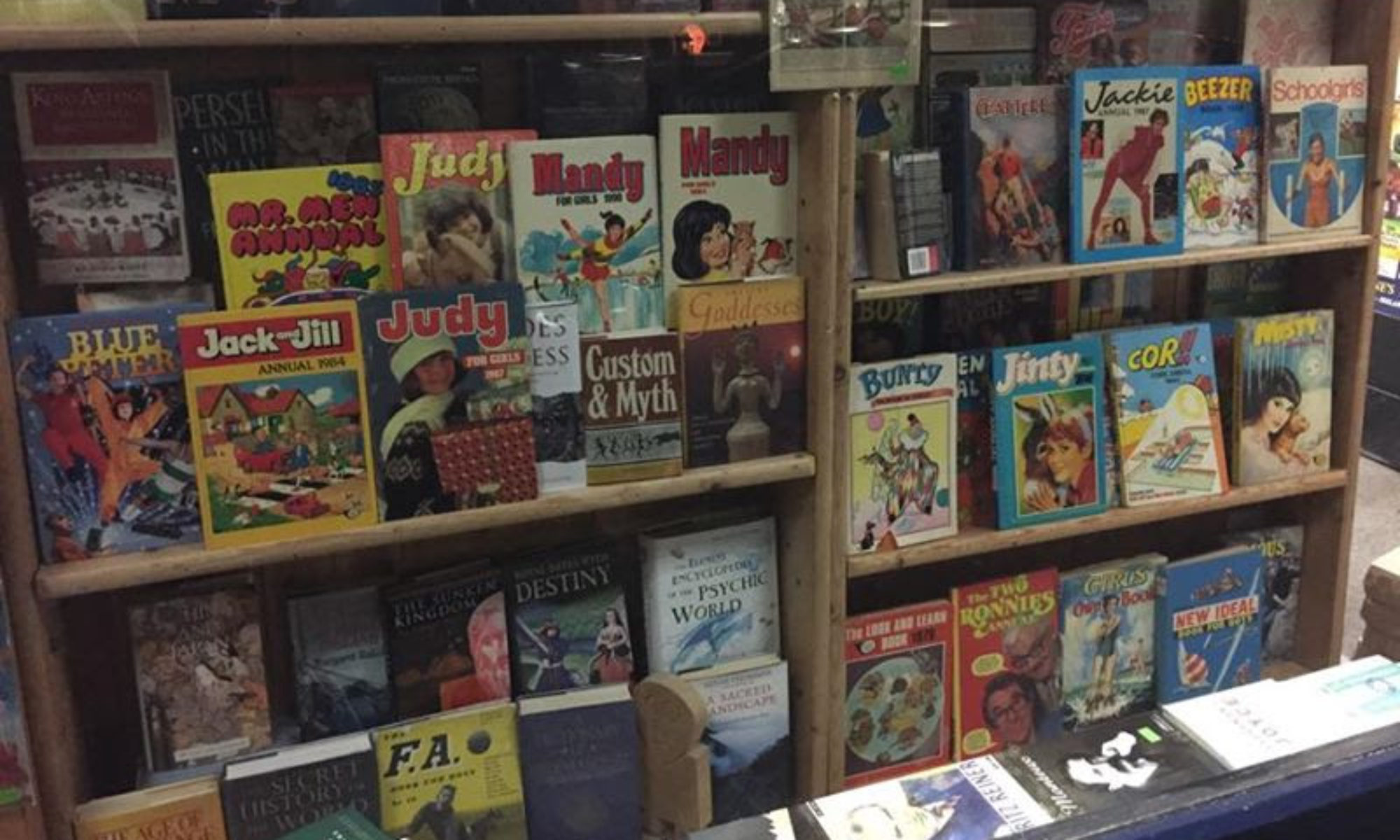It is the 60th anniversary of Blue Peter. Described airily as a “magazine show” to those unfamiliar with its sui generis format, Blue Peter has sat in the BBC schedule as unwaveringly as the 9 O’Clock News for a televisual eon.
The reason, I suspect with an outsider’s perspective, is that Blue Peter is the collective dream of English childhood given form and that the culture could no more abandon that dream then it could abandon the idea of adulthood embodied in the News.
I say an English dream of childhood, rather than a British one, because whether they knew it or not, Blue Peter has never been about how children in Scotland, or Wales (and certainly not Northern Ireland) lived and played and imagined. They may well have all had the same dreams and been excited by the same Blyton-esque mix of pluck, exploration, make and do and dogs.
These were English pals (and the capacity to cast really likeable sorts for Blue Peter remains one of its spectacular skills) mucking in, or mucking about. Digging in the Blue Peter garden, exploring the British landscape (though always through the eyes of the English visitor), having adventures, making biscuits or honest terrible Christmas decorations and so on and so on.
But in fact, the producers (well, really the founding master and commander of Blue Peter, Biddy Baxter) understood their ostensibly factual programme was playing in the imagination as much as any Doctor Who or Wombles.
Blue Peter has pets, because there are many children who would like to have a pet, but can’t. And Biddy Baxter gave those children dogs and cats to live with- animals who would grow up and then old with them.
She imagined living in one of the newly built, post-war estates of high rise flats. So the Blue Peter Garden was created, so those children would have a garden- a patch of nature to tend along with the presenters.
Biddy Baxter understood that the reality of many children’s lives was not Blyton, but Kes. But her programme chose to offer them an escape, not a mirror. Even the famous Blue Peter badge- a talisman which allowed the bearer to access museums, galleries and the rest of the cultural world at discount or for free- was an unacknowledged effort to spread that access to children who might never manage it any other way.
None of this was ever acknowledged on screen, but was a quiet river of radicalism buried under the conventional enthusiasms of the middle classes.
Even the famous fund raising feats of the Blue Peter Appeal- where tens of thousands of children sent in bottle-tops or other tokens of value to help a charity- were more than their apparent Good Works at the Village Fête. What they really tried to demonstrate to children was the potential of collective action to make change.
A 60 year anniversary in television is an achievement difficult to imagine being repeated by any programme starting now.
Blue Peter’s continuing power comes from having offered more than imagined friends, pets or gardens.
It offered an imagined England that was always consciously and deliberately better than the real thing- because children deserved better.
Just there, in that studio, twice a week, England’s dreaming.
And just for once, we should be glad of it.
